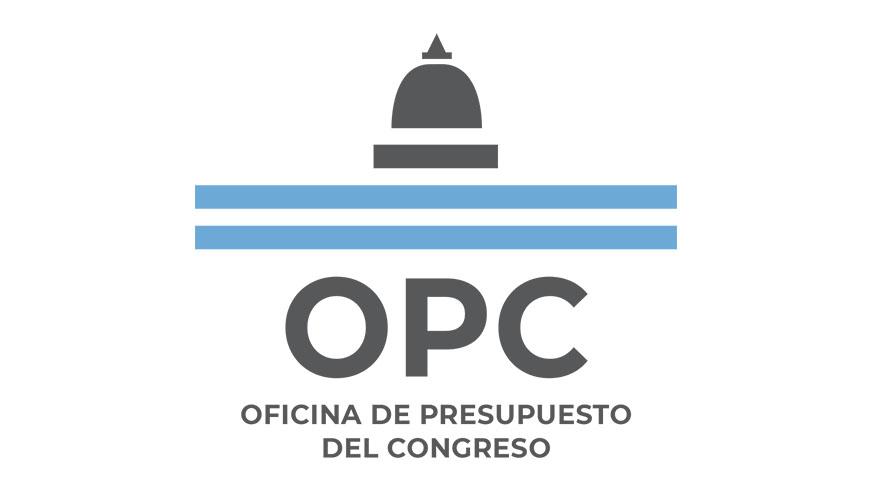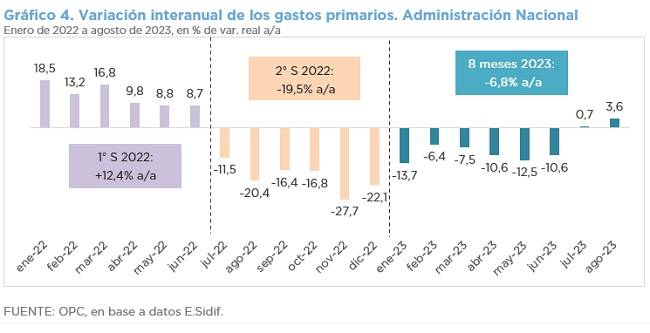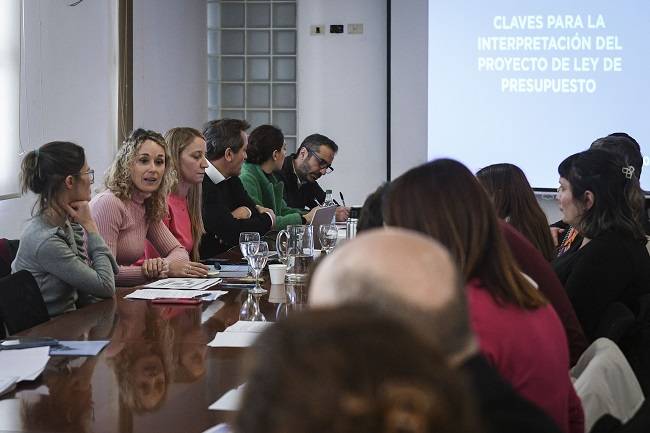On Tuesday, September 5, the Argentine Congressional Budget Office (OPC) gave a training course on the interpretation of the Budget Bill to parliamentary advisors.
The workshop was held in the Moreno Frondizi room of the Senate and was attended by advisors from the Budget and Finance Committees of both chambers. The activity was opened by the Director-General of the OPC, Gabriel Esterelles.
The contents were presented by Julieta Olivieri, an analyst of the Directorate of Budget Analysis of the OPC, with the assistance of her colleagues Laura Cafarelli and Romina Muras.
The training course was entitled “Keys to understand the Budget Bill, general content” with the purpose of providing some tools for understanding this initiative before the Executive Branch submits its proposal for the next fiscal year to Congress.
The course is part of a series of activities planned by the OPC to technically assist legislators in this analysis.
Starting on Thursday 7, a virtual workshop of three 90-minute modules will be held: one on general concepts, another on financing and the last one on revenues. This workshop will be open to all advisors of both chambers.



